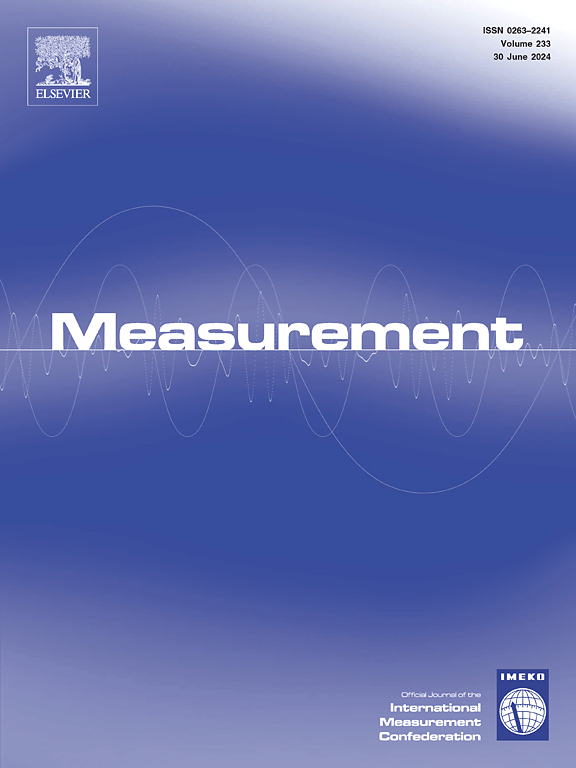Evaluating safety in Dublin’s bike-sharing system using the concept of intuitionistic fuzzy rough power aggregation operators
IF 5.2
2区 工程技术
Q1 ENGINEERING, MULTIDISCIPLINARY
引用次数: 0
Abstract
The multi-attribute group decision-making (MAGDM) process plays a pivotal role in identifying the most suitable solutions when faced with conflicting criteria. This study applies MAGDM to address safety concerns within Dublin’s bike-sharing system by incorporating innovative methods that effectively manage ambiguous and uncertain information. By utilizing Aczel-Alsina (AA) aggregation operators (AOs) within the intuitionistic fuzzy (IF) rough (IFR) framework, we mitigate information loss typically encountered during decision-making processes. The idea of the IFR set is a prestigious tool to express human thought in the shape of lower and upper approximation spaces. Where the ordinary intuitionistic fuzzy set failed to aggregat IFR information by inspiring the idea of IFR, the set introduces the IFR AA power-weighted averaging and geometric operators, both vital in aggregating uncertain and asymmetric data. These newly developed operators are used to evaluate safety improvements for Dublin’s bike-sharing system. Criteria such as infrastructure, user behaviour, maintenance, technology, and emergency response are assessed, with alternative solutions presented to ensure optimal safety improvements. Our results demonstrate the superiority of IFR AA-based AOs in addressing complex safety challenges in urban bike-sharing systems.
基于直觉模糊粗功率聚合算子的都柏林共享单车系统安全评价
多属性群体决策(MAGDM)过程在决策准则相互冲突的情况下,能够识别出最合适的解决方案。本研究应用MAGDM解决都柏林自行车共享系统的安全问题,采用创新的方法,有效地管理模糊和不确定的信息。通过在直觉模糊(IF)粗糙(IFR)框架中使用Aczel-Alsina (AA)聚合算子(aoos),我们减轻了决策过程中通常遇到的信息丢失。IFR集的概念是一种以上下近似空间的形式表达人类思想的著名工具。当普通的直觉模糊集无法通过启发IFR的思想来聚合IFR信息时,该集引入了IFR AA功率加权平均和几何算子,这对聚合不确定和不对称数据至关重要。这些新开发的运营商被用来评估都柏林自行车共享系统的安全改进。评估了基础设施、用户行为、维护、技术和应急响应等标准,并提出了替代解决方案,以确保最佳的安全改进。我们的研究结果表明,基于IFR aa的自动驾驶系统在解决城市共享单车系统中复杂的安全挑战方面具有优势。
本文章由计算机程序翻译,如有差异,请以英文原文为准。
求助全文
约1分钟内获得全文
求助全文
来源期刊

Measurement
工程技术-工程:综合
CiteScore
10.20
自引率
12.50%
发文量
1589
审稿时长
12.1 months
期刊介绍:
Contributions are invited on novel achievements in all fields of measurement and instrumentation science and technology. Authors are encouraged to submit novel material, whose ultimate goal is an advancement in the state of the art of: measurement and metrology fundamentals, sensors, measurement instruments, measurement and estimation techniques, measurement data processing and fusion algorithms, evaluation procedures and methodologies for plants and industrial processes, performance analysis of systems, processes and algorithms, mathematical models for measurement-oriented purposes, distributed measurement systems in a connected world.
 求助内容:
求助内容: 应助结果提醒方式:
应助结果提醒方式:


